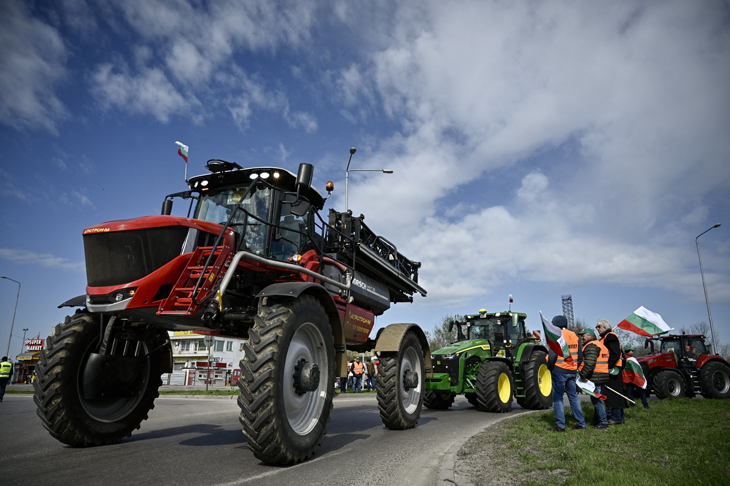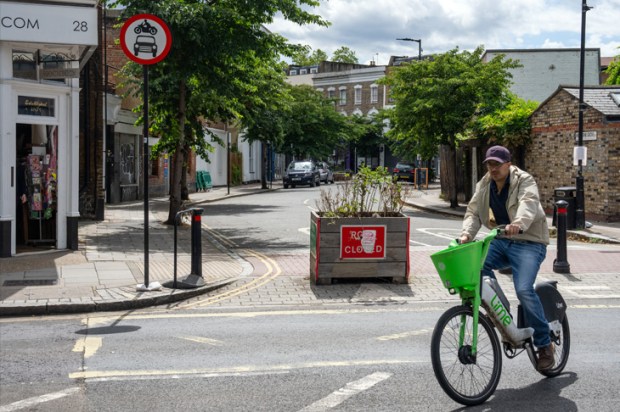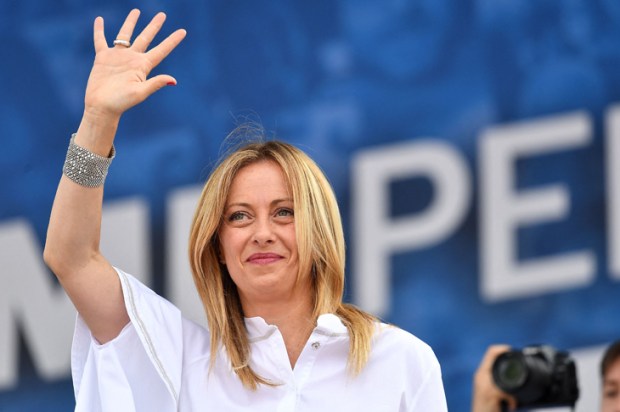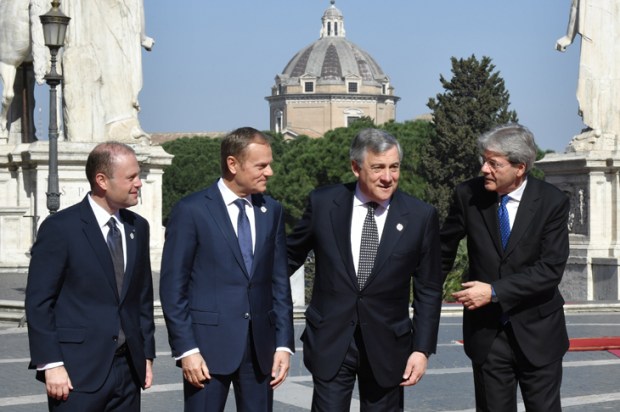What a bewildering shift in recent times for Europe’s farmers. Long seen as national treasures, the EU establishment recently turned on them. Like Biden’s climate guru John Kerry, the Green ideologues in the European institutions now see farmers as embarrassing obstacles to saving the planet.
One of the defining features of the European integrationist project has been agricultural protectionism – long a major stone in the shoe of Australia-EU relations.
Already a subscriber? Log in
Subscribe for just $2 a week
Try a month of The Spectator Australia absolutely free and without commitment. Not only that but – if you choose to continue – you’ll pay just $2 a week for your first year.
- Unlimited access to spectator.com.au and app
- The weekly edition on the Spectator Australia app
- Spectator podcasts and newsletters
- Full access to spectator.co.uk
Unlock this article
@markhiggie1
You might disagree with half of it, but you’ll enjoy reading all of it. Try your first month for free, then just $2 a week for the remainder of your first year.














Comments
Don't miss out
Join the conversation with other Spectator Australia readers. Subscribe to leave a comment.
SUBSCRIBEAlready a subscriber? Log in